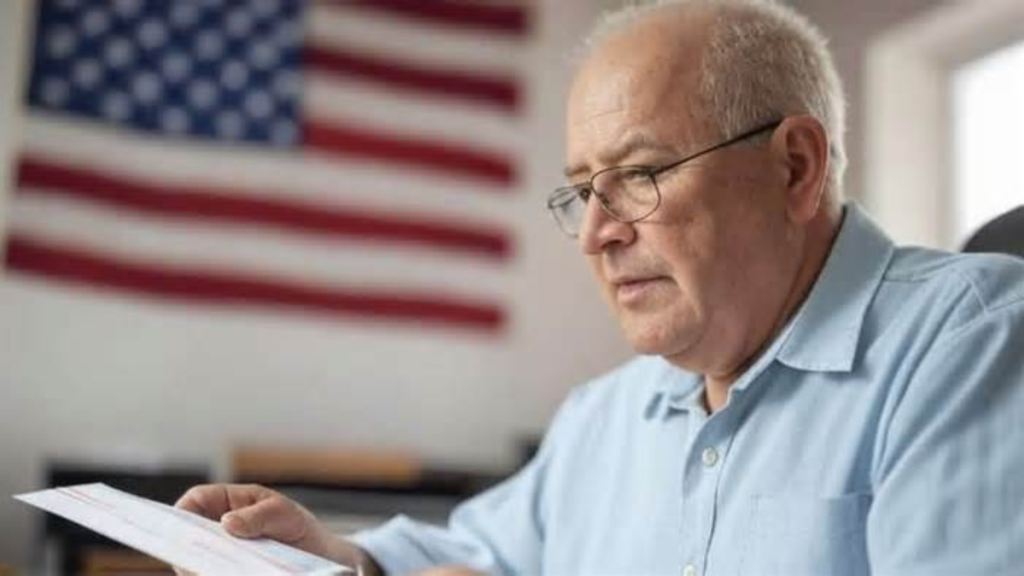After years of advocacy, teachers and firefighters across the United States have won a significant legislative victory: increased Social Security payments that more accurately reflect their years of service.
The change addresses longstanding criticism of the Windfall Elimination Provision (WEP) and the Government Pension Offset (GPO)—two rules that reduced or eliminated benefits for public workers who also qualified for Social Security.
This policy shift, celebrated by public sector unions and retirees alike, ensures that thousands of retired public employees will receive the benefits they’ve rightfully earned.
What the WEP and GPO Meant for Public Workers
Under the previous rules, public workers who earned a pension from jobs not covered by Social Security often saw their federal benefits significantly reduced. This impacted a wide range of professionals, including:
- Public school teachers
- Firefighters and police officers
- Municipal and state government employees
The Windfall Elimination Provision reduced Social Security retirement benefits for individuals who had also worked in private-sector jobs. Meanwhile, the Government Pension Offset reduced spousal or survivor benefits for those receiving a public pension.
In many cases, retirees received hundreds of dollars less each month, regardless of their years of service or contributions.
What the New Legislation Changes
The recent bipartisan legislation, passed in early 2025, makes several major updates:
- Reduces or eliminates the WEP and GPO penalties for eligible retirees
- Credits more years of work toward Social Security eligibility
- Restores benefits retroactively in some cases, providing back pay to affected individuals
- Establishes a simplified formula for calculating Social Security payments for public sector retirees
This change is expected to benefit over 2 million Americans, many of whom dedicated decades to education, public safety, and essential services.
Who Benefits From the Change?
The biggest winners of this policy shift are retired teachers, firefighters, and other government employees who split their careers between public service and Social Security-covered employment. The reform also provides long-overdue relief to widows and widowers, who were often denied spousal benefits due to the GPO.
Examples of how retirees benefit include:
- A retired teacher who previously received $600 per month in Social Security will now receive $1,100 or more, depending on their work history.
- A surviving spouse who was previously denied $900 in monthly spousal benefits may now qualify for full or partial reinstatement.

Bipartisan Support and Advocacy Made It Happen
The fight for fair Social Security payments had long been spearheaded by lawmakers from both sides of the aisle, including strong support from:
- Rep. Abigail Spanberger (D-VA)
- Sen. Susan Collins (R-ME)
- Rep. Kevin Brady (R-TX), who introduced previous reform bills
Public sector unions like the National Education Association (NEA) and the International Association of Fire Fighters (IAFF) also played a critical role by organizing lobbying efforts, petition drives, and congressional hearings.
How to Find Out If You Qualify
If you’re a public service retiree wondering if these changes apply to you, here’s what you can do:
- Visit the Social Security Administration’s website and log in to your personal account
- Review your earnings record and determine if your pension was affected by WEP or GPO
- Contact your pension administrator to request a benefit impact statement
You may also qualify for retroactive payments, so it’s worth consulting a Social Security expert or retirement planner.
Impact on Future Retirees
The new legislation not only helps current retirees but also sets a more equitable standard for future ones. As more Americans pursue hybrid careers between the private and public sectors, this change ensures they won’t be penalized for public service.
For example, a firefighter who transitions to private security work in their 50s can now expect to retain a fair share of both pension and Social Security benefits when they retire.
Conclusion: A Fairer Future for Public Servants
The long-overdue Social Security reform marks a major win for America’s public servants. Teachers, firefighters, police officers, and other government workers now have better financial protection in retirement.
By finally addressing the inequities created by the WEP and GPO rules, lawmakers have delivered a message that service to the public will no longer come at the cost of retirement security.
For more information and personalized benefit estimates, visit the Social Security Administration’s official website.
Disclaimer – Our team has carefully fact-checked this article to make sure it’s accurate and free from any misinformation. We’re dedicated to keeping our content honest and reliable for our readers.
